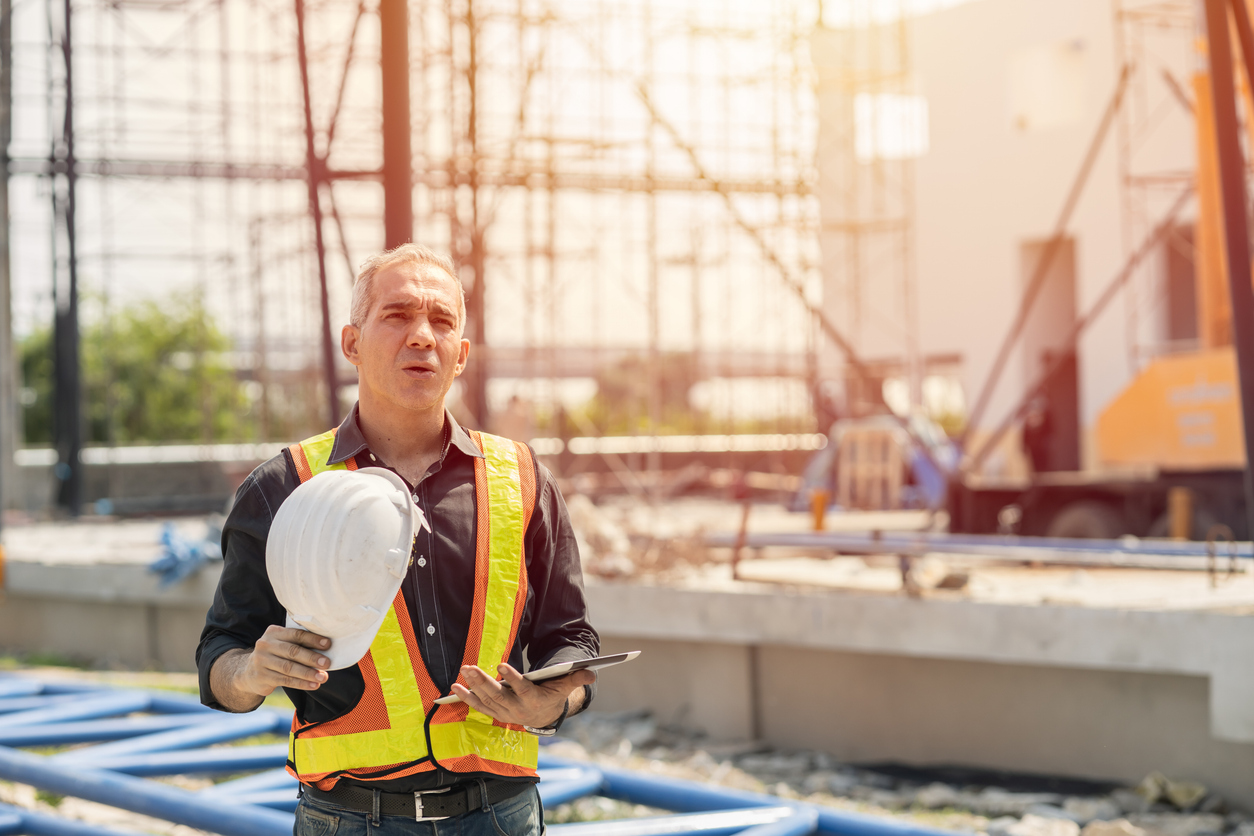Immigrant and refugee communities face significant obstacles to benefiting from the transition to a cleaner energy system, even as many immigrants and refugees are themselves on the frontlines of experiencing the impacts of climate change. In the U.S., these communities may be exposed to indoor and outdoor heat, wildfire smoke and other climate impacts, both at home and in their workplaces. As climate disasters increase in frequency and severity, the workforce performing cleanup and restoration largely consists of migrant workers, who are frequently exposed to hazards like mold, asbestos, and lead, and may also be vulnerable to labor exploitation and wage theft. Many members of these communities have Limited English Proficiency and may also face cultural barriers and unfamiliarity with American bureaucracies like utilities and other aspects of the energy system. In California, a 2013 survey of low-income households found that, compared to households with a primary language of Spanish or another non-English language, awareness of two different energy assistance programs was 15 to 20 percent higher among households that spoke English only.
The Home Energy Rebates authorized by the Inflation Reduction Act provide almost $9 billion in incentives to households for home efficiency and electrification upgrades, offsetting costs for measures like insulation or replacing gas stoves with induction cooktops. As discussed in previous blog posts, the Department of Energy (DOE) issued guidance last year that established a strong equity baseline for the program, notably requiring that states reserve 40 percent of rebate funds for low-income households and another 10 percent for multifamily affordable housing. In addition, states “are strongly encouraged to establish partnerships with and provide funding to community-based organizations” and other groups “that represent or work with underserved households to reach and engage with these communities effectively over the life of the program.”
There remain many challenges for states and program administrators in implementing these rebates in a way that advances equity and brings real benefits to the communities with the greatest vulnerability to climate risks, especially immigrants and refugees. Because of the challenges and conditions unique to these communities, it is critical that states develop intentional approaches to reaching them.
That’s why Just Solutions and the Climate Justice Collaborative of the National Partnership for New Americans partnered to develop resources for community-based organizations, to help empower communities to engage with their State Energy Office and advocate for their own visions for energy equity. These resources include recommendations for State Energy Offices on how to design their rebate programs to promote immigrant inclusion, and a template letter that advocacy groups can adapt and send along with the recommendations.
To ensure that immigrant and refugee communities can access and benefit from the Home Energy Rebates, we make five key recommendations to State Energy Offices:
